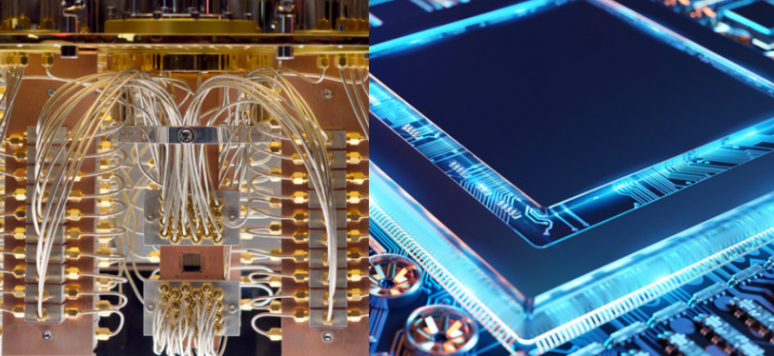Etudes de l'Ifri - Strategic Calculation: High-Performance Computing and Quantum Computing in Europe’s Quest for Technological Power Études de l’Ifri, October 2021

Computing power plays a key role in enabling machine learning, for scientific research, and in the military domain. Therefore, the race for computing power has become a key element of the US-China technological competition, and it is also a strategic priority for Europe.
This study focuses on two complementary segments of computing: high-performance computing (HPC, also known as “supercomputing”), and quantum computing. HPC has for several decades been used in scientific research, meteorology, and the military. While states continue to drive the needs for massive computers, the field is also witnessing a diversification of uses in industry. Meanwhile, quantum computing is still at an experimental stage but has highly disruptive potential, as it promises to multiply computing power exponentially. As such, it has become a focal point for government, industry, and investors around the globe.
In the global race, European countries are seeking to pool resources by encouraging the development of federated computing services, data infrastructures, and a local industry. Of course, Europe faces multiple challenges (the design and production of processors, energy consumption constraints, and scarce private investment) and risks (such as export restrictions and company takeovers). Yet, today, quantum computing does offer an opportunity to learn lessons from past developments in the field of classical computing, and to take the right actions early on, to reap the societal, economic and security benefits of this technology.
